How does water travel through the body.
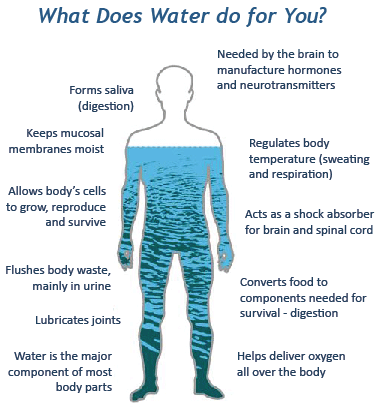
Through the lymphatic system :
Goes with blood to all parts of the body. The heart pumps blood, which travels to the lungs, where it absorbs oxygen. The oxygenated blood then returns to the rest of the body, where it provides oxygen and nutrients to the tissues.
- Through lymphatic system :
The lymphatic system helps remove waste materials from the body. Lymph fluid is similar to blood, but contains more white blood cells. Lymph fluid flows through the tissues and then into the lymphatic vessels. Lymph vessels carry lymph fluid back to the blood.
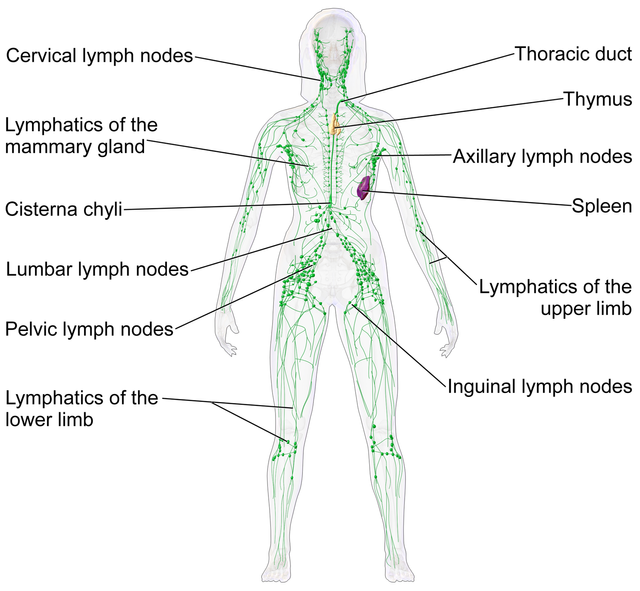
Apart from these two methods, water can also enter and exit the body through the skin and lungs.
- Flow of water through the blood system *
In the blood system, water is dissolved in the blood plasma. Plasma is the liquid part of blood, which carries red blood cells, white blood cells, and platelets.
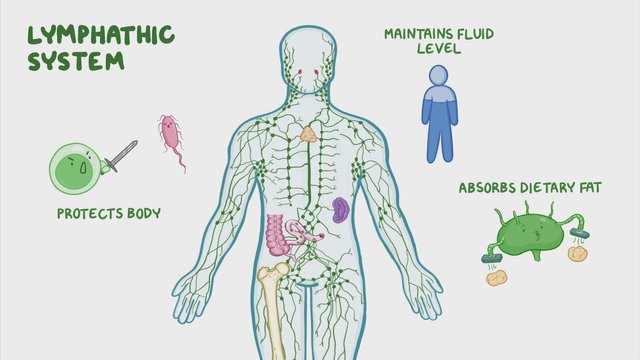
The heart pumps blood, which goes to the lungs. In the lungs, the blood releases carbon dioxide and absorbs oxygen. The oxygenated blood then returns to the rest of the body.
- Flow of water through the lymphatic system *
The lymphatic system helps remove waste materials from the body. Lymph fluid is similar to blood, but contains more white blood cells.
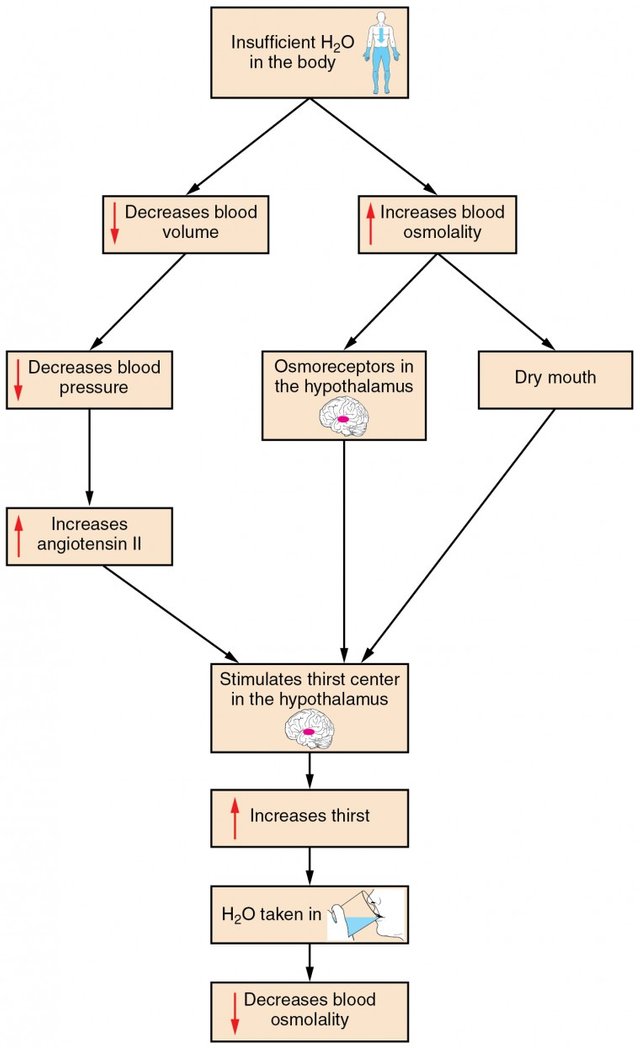
Lymph fluid flows through the tissues and then into the lymphatic vessels. Lymph vessels carry lymph fluid back to the blood.
In the lymphatic system, water is dissolved in lymph fluid. Lymph fluid collects waste materials from tissues and then carries them into lymphatic vessels. Lymph vessels carry lymph fluid back to the blood.
- vFlow of water through skin and lungs *
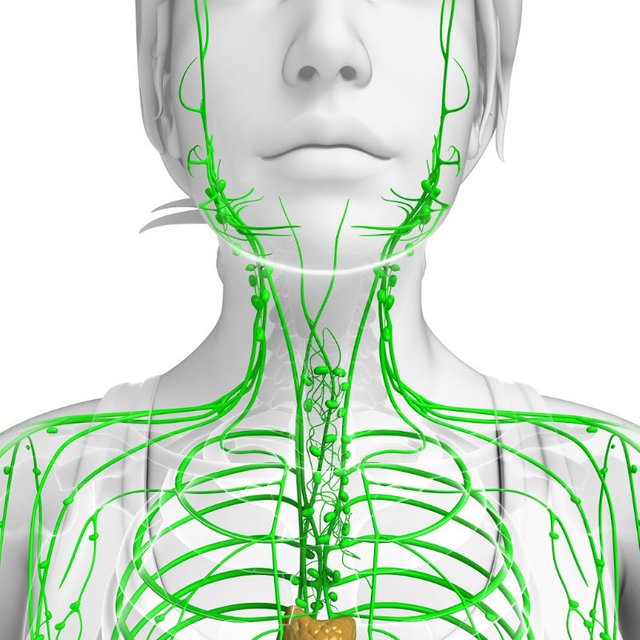
Water can also enter and exit the body through the skin and lungs.
Through the skin, water can leave the body by evaporation. This occurs when the body temperature is higher than the ambient temperature.
Through the lungs, water can exit the body during breathing. This occurs when water leaves the lungs by evaporation.
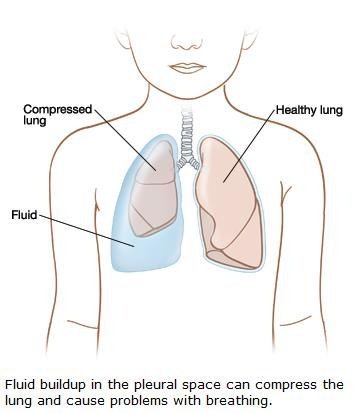
A combination of all these methods is necessary to maintain water balance in the body.